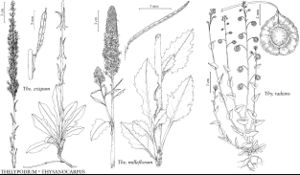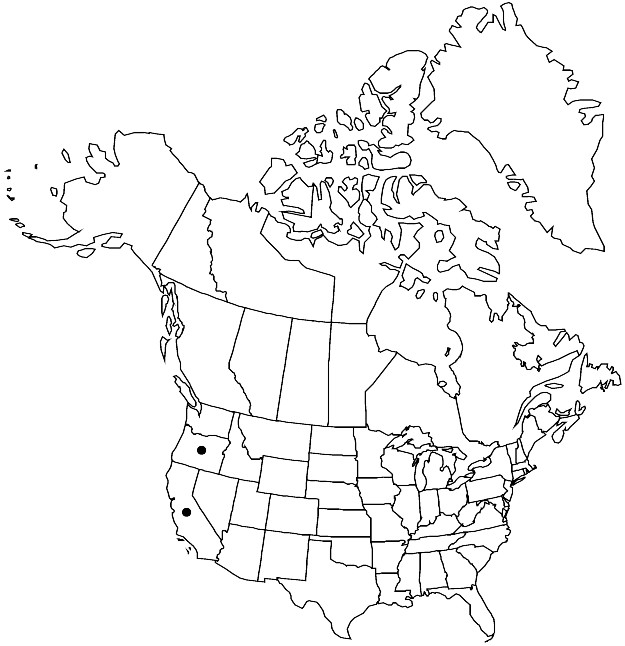Difference between revisions of "Thysanocarpus radians"
Pl. Hartw., 297. 1849.
FNA>Volume Importer |
imported>Volume Importer |
||
| Line 6: | Line 6: | ||
|place=297. 1849 | |place=297. 1849 | ||
|year=1849 | |year=1849 | ||
| + | }} | ||
| + | |special_status={{Treatment/ID/Special_status | ||
| + | |code=F | ||
| + | |label=Illustrated | ||
| + | }}{{Treatment/ID/Special_status | ||
| + | |code=E | ||
| + | |label=Endemic | ||
}} | }} | ||
|basionyms= | |basionyms= | ||
| Line 49: | Line 56: | ||
|publication title=Pl. Hartw., | |publication title=Pl. Hartw., | ||
|publication year=1849 | |publication year=1849 | ||
| − | |special status= | + | |special status=Illustrated;Endemic |
| − | |source xml=https:// | + | |source xml=https://bibilujan@bitbucket.org/aafc-mbb/fna-data-curation.git/src/bb6b7e3a7de7d3b7888a1ad48c7fd8f5c722d8d6/coarse_grained_fna_xml/V7/V7_1303.xml |
|tribe=Brassicaceae tribe Thelypodieae | |tribe=Brassicaceae tribe Thelypodieae | ||
|genus=Thysanocarpus | |genus=Thysanocarpus | ||
Revision as of 23:54, 27 May 2020
Stems 1.5–6 dm. Basal leaves: blade oblanceolate, 1.5–4 cm, margins sinuate-dentate to runcinate-pinnatifid, surfaces usually glabrous, rarely sparsely hirsute, trichomes whitish, 0.3–0.4 mm. Cauline leaves: blade lance-ovate to lanceolate, widest at base, base auriculate-clasping, auricles extending around stem (at least some leaves). Racemes: internodes 9–18 mm in fruit. Fruiting pedicels weakly ascending, straight or nearly so, geniculately-reflexed apically, (proximal) 7–18 mm. Fruits flat, orbicular, (7–10 mm wide); valves pubescent or glabrous, trichomes pointed, ± 0.2 mm; wing entire or with undulate margins, rays distinct, ± 0.1 mm wide.
Phenology: Flowering Mar–Apr.
Habitat: Meadows in oak woodlands, fields, swales
Elevation: 20-400 m
Discussion
The large (7–10 mm wide), strongly rayed fruits and geniculately reflexed apices of fruiting pedicels make Thysanocarpus radians a very distinctive species. Occasional plants in northern California appear to be hybrids between T. curvipes and T. radians.
Selected References
None.

